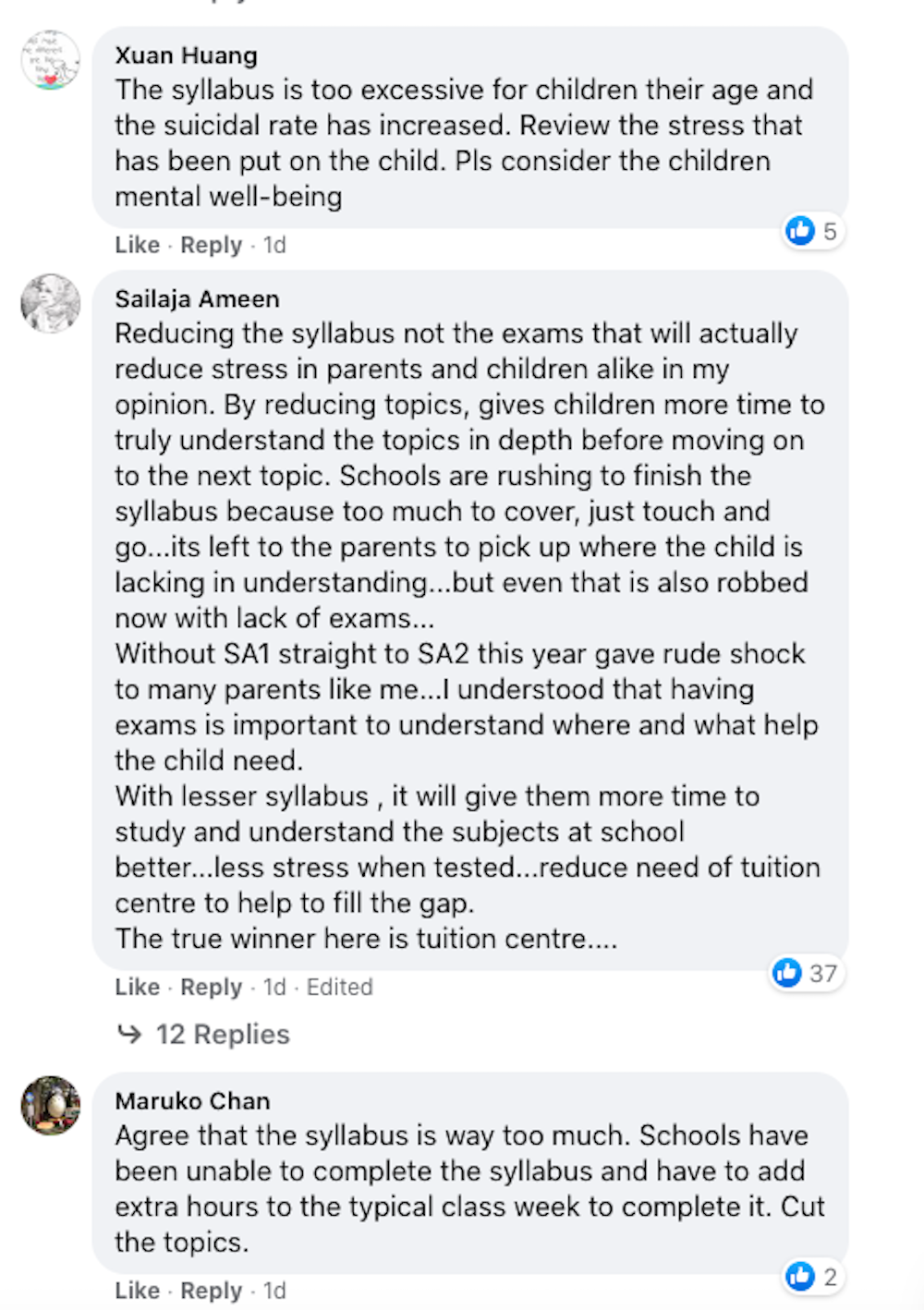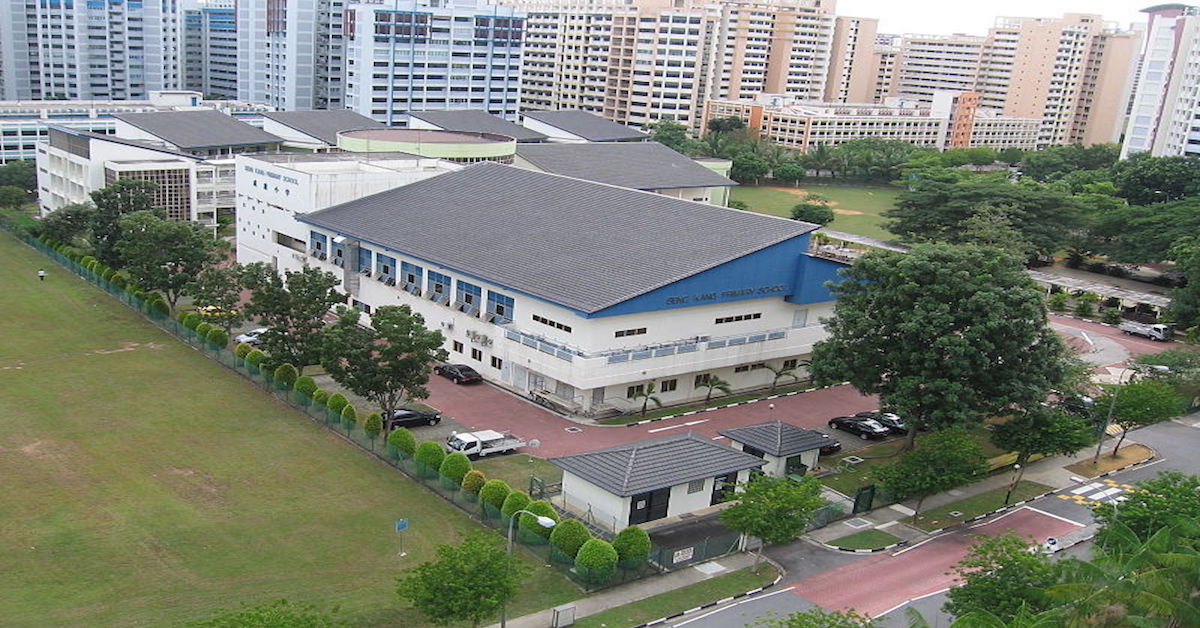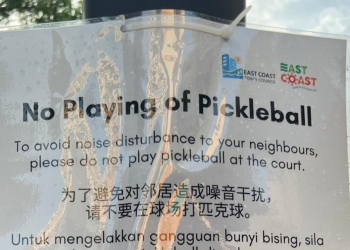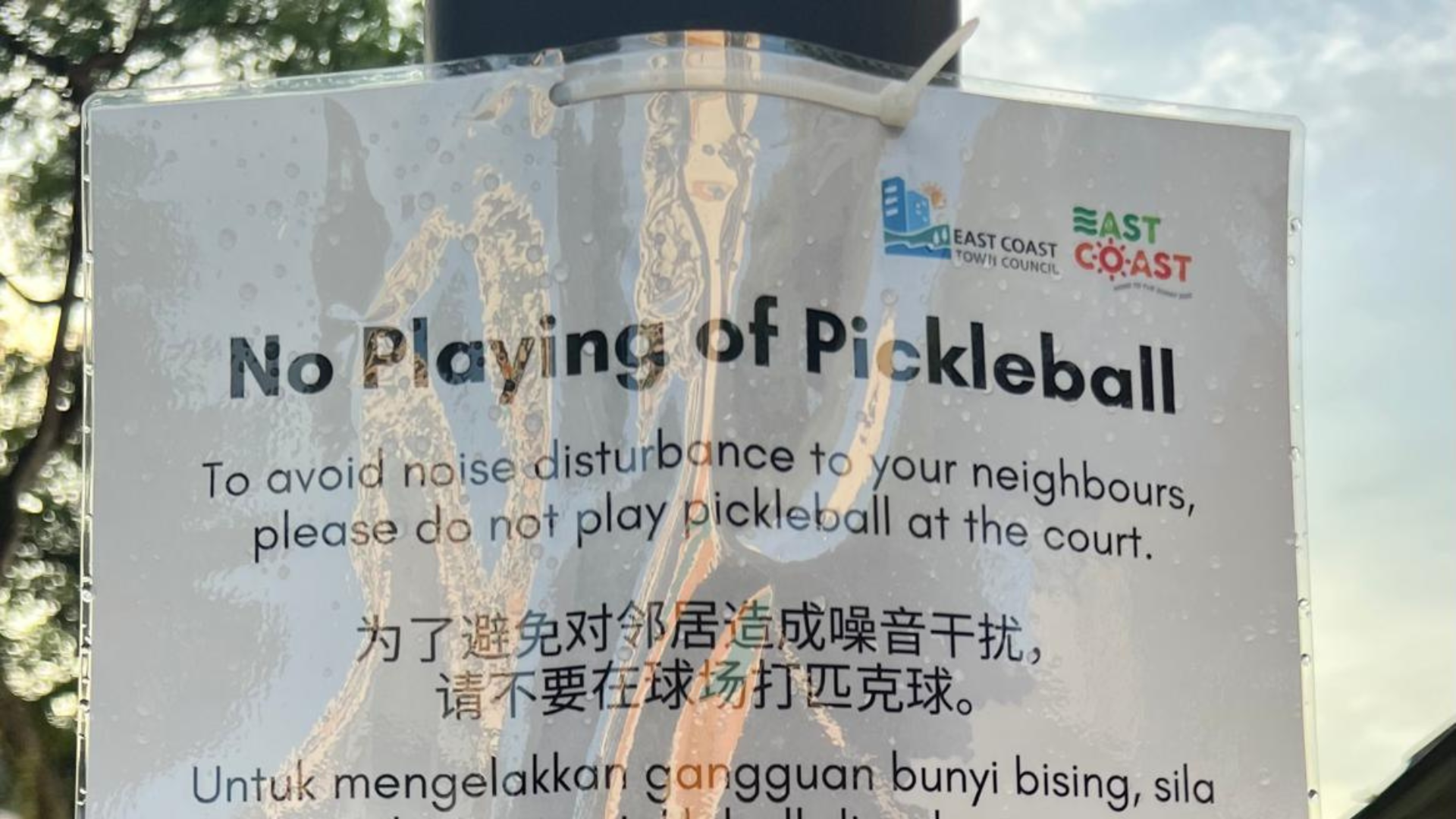Our little ones work so hard; isn’t there no better reason to reward them based on their merit alone? MOE has just announced a revision to the PSLE grading metrics in 2021, where individuals will no longer receive a score that’s dependent on how well their peers have done. Instead, a child’s score will wholly reflect how well he or she has done for the subject, without having to worry about those around them!
What brought this change?
This new scoring system will allow the child to focus on learning – which is really what school should be all about. Emphasis is placed on an all-rounded and holistic education, where academic results are just part of the pie. The new system hopes to shine light on individual interests and strengths, and help these children grow as a person.
Every achievement is significant, no matter how big or small – which is something the new scoring system hopes to reflect.
What’s the difference?
Up until 2020: T-score
Now, each student is given an absolute T-score for each subject. This T-score gives an indication of the student’s performance compared to the performance of his peers. This is naturally based on the same levels of any subject.
The final aggregate PSLE score is the sum of the T-scores of all four subjects, which are derived from the raw score of each student compared against his or her peers’. In a nutshell, the T-score is an indication of how well each student has done in relativity to his or her peers (or the Bell Curve, in university speak).
This results in over 200 possible T-scores, which leads to rather fine differentiation among the students.
From 2021 onwards: AL Score
In contrast, the new 2021 metrics gives each student an AL Score, which is an indication of how well students have performed based on the subject’s learning objectives.
Compared to over 200 possible T-scores, there will now only be 29 possible AL scores. This will allow students to not be so finely differentiated, allowing them to have a wider range of schools to choose from. MOE also hopes that with such a grading metric, parents and students will be able to consider additional factors such as co-curricular activities and culture, other than simply focusing on schools’ cut-off points.
Tell me more.
AL stands for ‘Achievement Levels’, with each PSLE subject being graded based on a range of eight ALs:
- AL1: ≥ 90
- AL2: 85-89
- AL3: 80-84
- AL4: 75-79
- AL5: 65-74
- AL6: 45-64
- AL7: 20-44
- AL8: <20
A student’s final PSLE score will be derived from the sum of the four ALs (one for each subject). This will range from 4 to 32, with 4 being the highest possible score.
To break it down even further, here’s an example of the PSLE score will be calculated:
- English Language: 90 marks (AL1)
- Mother Tongue Language: 86 marks (AL2)
- Mathematics: 82 marks (AL3)
- Science: 87 marks (AL2)
- Total PSLE score: 1 + 2 + 3 + 2 = 8
To help students and parents get used to the new scoring system, P5 and P6 students – starting from the 2020 P5 cohort – will start receiving their results in such a manner.
Which schools can the students apply for?
Until 2023, each child will be able to apply for various secondary school courses based on their PSLE scores. Here are the aggregate AL scores required for the various placements:
- Express: 4-20
- Express/N(A) Option: 21-22
- N(A): 23-24
- N(A)/N(T) Option: 25
- N(T): 26-30, with an AL7 or higher in both English language or Mathematics
For more detailed information, check out MOE’s website.
How has this been received?
There have been mixed reactions to the unveiling of the new system. A quick look on MOE’s Facebook page showed public opinion tending more towards a negative outlook:

It seems as if the plan to alleviate stress for the children might have backfired, with the new system putting more pressure on both parents and children.

It’s widely perceived that the biggest issue doesn’t lie with the grading metrics, but with the syllabus. It seems as if the syllabus taught to the children might be a little too much to handle, with schools rushing to finish the curriculum.

Many netizens have also questioned the logic of the AL scores, where scores of 45 and 64 are placed in the same band of AL6.
No one-size-fits-all solution
Even though this new scoring system has only just been implemented, it was first mentioned by Prime Minister Lee Hsien Loong during his 2013 National Day Rally speech. This video from Channel 5 in 2013 showcased the difference in reactions across the board. Some said that the new change won’t necessarily eliminate the stress of the examination, with educators countering this by claiming that some stress is inevitable.
Others, on the other hand, acknowledge that this is a “good first step in the right direction”, without parents and children having to chase their scores down “to the last digit”. Aw Ai Ling, Principal of Gan Eng Seng Primary School, saw the AL scores as having the ability to “allow our children to have more space, more time, and… self-confidence”, and to be able to better hone their strengths and interests outside academics.
Indeed, there’s no one-size-fits-all solution. As stated by Education Minister Ong Ye Kung in 2019, the changes to the PSLE scoring system is part of a significant reform to the current education system. Other changes include eliminating streaming in secondary schools by 2024, more secondary school places reserved for non-affiliated students from 2019, subject-based banding for all secondary schools from 2018, as well as increased aptitude-based admissions for tertiary education.
Results may not show immediately, but we’ll get there in time! What’s your take on the issue?




























